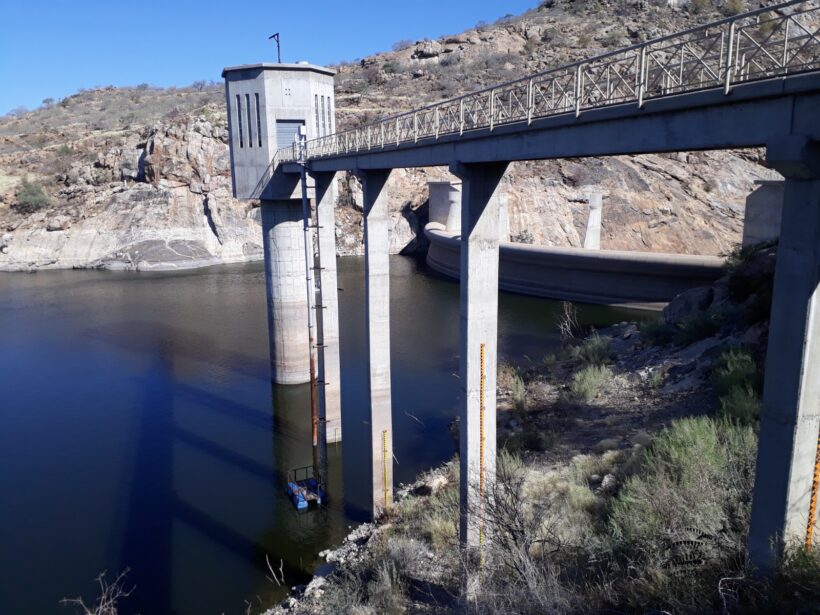Access to quality water is crucial for both human health and economic welfare.
However, many towns in Namibia are facing a water crisis and struggling to provide clean and safe drinking water to their residents due to contamination in some of the country’s water sources.
This issue is largely a result of poor sanitation practices and inadequate water treatment facilities.
Residents of Karibib, a small town between the capital city of Windhoek and the tourist town of Swakopmund, which originated as a watering point for colonial settlers and traders in the 1900s, have been complaining about the town’s water quality.
The water has a foul smell and in some parts of the town is infested with worms.
Today it cannot offer water to inlanders passing through to the coastal towns as the water is not fit for human consumption.
“When will they rectify the water problem? It’s been too long but no there’s no solution to it. We have paid for brown water for a long time and at the same time we are buying water from OK Foods [a local supermarket] for drinking. The cost of electricity is high and it is very expensive to boil water over and over,” said Kalu Shityeni, a resident of the town.
Shityeni added that they cannot even use the water to do laundry.
Ndikukutu Moongo another resident added that it is disheartening to see that some people are not taking this matter seriously and they bear responsibility for the contamination of our water sources.
“The significance of clean drinking water cannot be overstated, especially in the year 2023. It is imperative that we recognize the gravity of the situation and take appropriate actions to ensure the availability of safe drinking water for everyone,” he said.
The national water utility Namwater has identified the source of the problem in Karibib as a midge fly outbreak.
“NamWater is aware that the raw water supply to Karibib Treatment Plant has recently had challenges concerning a worm (midge fly) outbreak caused by a natural phenomenon during summer and the seasonal poor water quality from Swakoppoort Dam,” said Ester Hatutale the company spokesperson.
The utility has since cleaned the raw water conveyance system from Swakoppoort Dam that feeds Karibib to prevent further breeding of the midge fly.
The situation is the same in the town of Mariental 200km south of Windhoek.
Werner von Watsdorf, a local community activist Mariental, is calling on the municipality to immediately declare a state of emergency for the entire Mariental Municipal Area for fear of an outbreak of waterborne diseases.
“The drinking water situation in Mariental has been in a dire state for quite a few months now. The council is blaming Namwater and vice versa, but nothing gets done. In the meantime, the “drinking” water is filthy and dirty,” he said.
In this situation the blame is put on problems with the water purification plant which the water utility Namwater is trying to rectify.
The reservoir needs to be cleaned every 12 months, yet it hasn’t been done for 4 years, in part due to the disruption caused by the Covid-19 pandemic.
The situation is not limited to these two towns.
The rest of the country’s water quality also fluctuates depending on various factors such as weather patterns, maintenance issues and infrastructure problems.
Ratepayers have since been demanding lowering of water tariffs considering the quality of water is so poor.
In some local authorities residents and business owners that have suffered losses or damage as a result of the dirty water have started to submit claims against the municipalities.
The United Nations Sustainable Development Goals 2015, goal number six of the 17 SDGs particularly focused on ensuring access to clean water and sanitation worldwide by the year 2030.
Namibia can achieve this goal with an increased investment significantly in water infrastructures, or otherwise create an enabling environment for private sector investors to invest in them. It remains to be seen if the political will can be found so that the government finally does what’s best for the population and delivers clean drinking water for the whole country.










